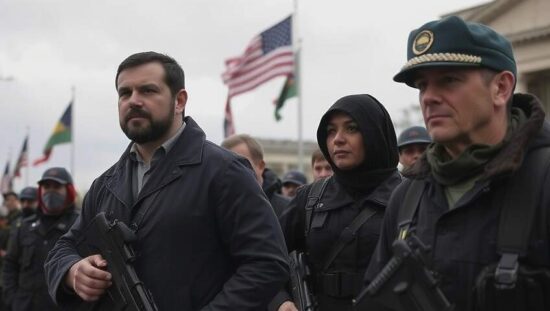The German government is facing mounting pressure to implement a more robust and transparent system for assessing and communicating the escalating hybrid threats emanating from Russia. Konstantin von Notz, parliamentary state secretary at the Federal Ministry of Defence and a member of the Parliamentary Control Group (PKGr), is spearheading the call for a monthly intelligence report detailing these evolving risks.
Von Notz’s demand, articulated in an interview with Politico, stems from a growing consensus within security circles – recently highlighted by warnings from Germany’s intelligence agencies – that the nation is engaged in a “hybrid war”. He argues that the public is currently insufficiently aware of the scale and sophistication of these threats, hindering the development of broader societal resilience.
The call for monthly reports mirrors the existing practice of annually publishing reports on extremism and domestic intelligence, but reflects a perceived urgency dictated by the current geopolitical landscape. Von Notz emphasized the breadth of Russia’s operational toolkit, describing a “whole bouquet of attack vectors” including disinformation campaigns, suspected drone incursions and potential attacks targeting critical infrastructure.
This intensified scrutiny follows a recent public hearing held by the PKGr, where the leaders of Germany’s intelligence agencies presented their assessments to parliamentarians. While the hearing provided a platform for discussing these concerns, critics are questioning whether the existing ad-hoc reporting mechanisms are sufficient to adequately inform policymakers and the public.
The proposal raises important questions about the balance between transparency, national security and potential escalatory risks. Releasing detailed intelligence assessments, even on a monthly basis, could be perceived by adversaries as a signal of vulnerability or a provocation. Conversely, failing to foster public understanding of the evolving threat landscape could leave Germany unprepared to withstand the multifaceted challenges posed by Russia’s hybrid warfare tactics. The debate now centers on establishing a framework that allows for necessary disclosure while safeguarding strategic sensitivities.





